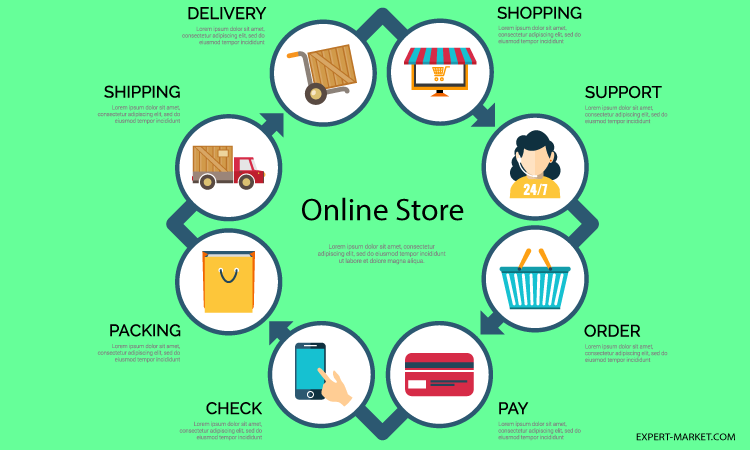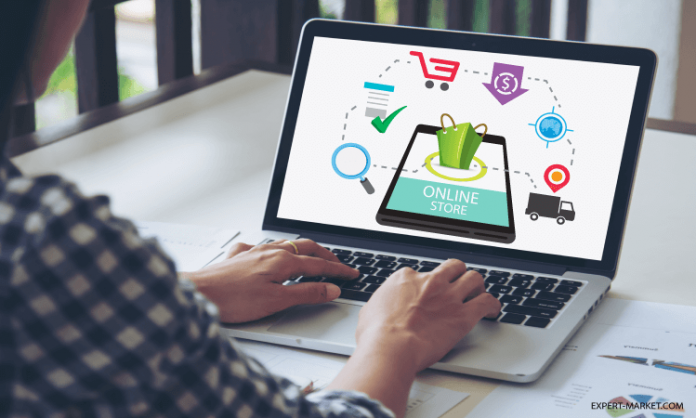If you’re launching an e-commerce store for the first time, there’s a lot to learn and many things that have the potential to go wrong. But never fear.
This article is designed to point out some of the very real things that can and do sometimes happen, so you can avoid disaster by making a point to not have them happen to you. Let’s dive in to see what you should do to avoid problems.

Have Enough Stock to Fulfill Orders
Stock or inventory levels is never easy to judge. However, when you don’t have a good sense of how much you’ll need or what your biggest sellers will be, it’s difficult to estimate correctly. This clearly applies to physical goods and not digital ones where only your web server needs to handle the traffic spike.
The last thing you need is to keep losing sales and earnings because half the online store is out of stock at any given time. You cannot run profitably like that and it will spell disaster. Even if you have to source goods from a more expensive supplier that can refill your stock sooner, that’s often necessary early on to avoid being out of stock so frequently. A smaller profit is still better than a lost sale and no profit that day.
Setup the Best Shipping Options Ahead of Time
Know what your shipping options are, so the choices presented, and prices, are realistic. If you’re planning on offering free shipping, be especially sure about what shipping will cost you, otherwise, you’re heading into a nightmare scenario.
Match popular product lines with the packaging and shipping costs to see what they cost to ship out. Run various scenarios with your shipping to decide how to manage it.
Also, be clear about how long deliveries will take to arrive. Customers as a group aren’t the most patient people.
Don’t Underfund Pay-per-click Ad Campaigns
With ad campaigns, the money is spent upfront to add credit to the advertising account; sales are made later. If overbidding to get a prominent position for the ad or just spending too much, you could blow your ad budget before the first month is even over.
Do make sure you have a realistic budget for PPC campaigns. If you’re very new to them, use the services of a PPC agency to run the campaign profitably for you. This avoids the risk of hemorrhaging money on unprofitable ads and not knowing what to do when the cash balances have dwindled down while sales failed to materialize.
Check Your Hosting is Powerful Enough
When you’re running the e-commerce store from a self-hosted account on a web host, it’s only designed to handle so many concurrent visitors. If you suddenly have a large jump in visitors, an inexpensive shared hosting account could quickly get overwhelmed, this is the reason you should go with managed web server hosting. Should the web server stop responding, new visitors and potential sales are lost (perhaps never to return again). To avoid this from happening, a good option is managed cloud hosting since it can handle the increase in traffic.
Hosting is now one of the least expensive aspects of running an e-commerce store. Ensure that you have a better-quality hosting account like one from Siteground that is designed to handle more visitors. If you can afford it, opt for virtual private server hosting. These are virtualized environments where each VPS account only hosts a few websites and subsequently loads websites faster with greater reliability.
A running theme with each of the above points is to prepare ahead of time. Running around like a headless chicken after a disaster has hit your e-commerce site just won’t do. You’ll lose so much time and money fixing the issue that you could take months to financially recover from it. However, by preparing ahead of time, the online road offers a much smoother ride.



























